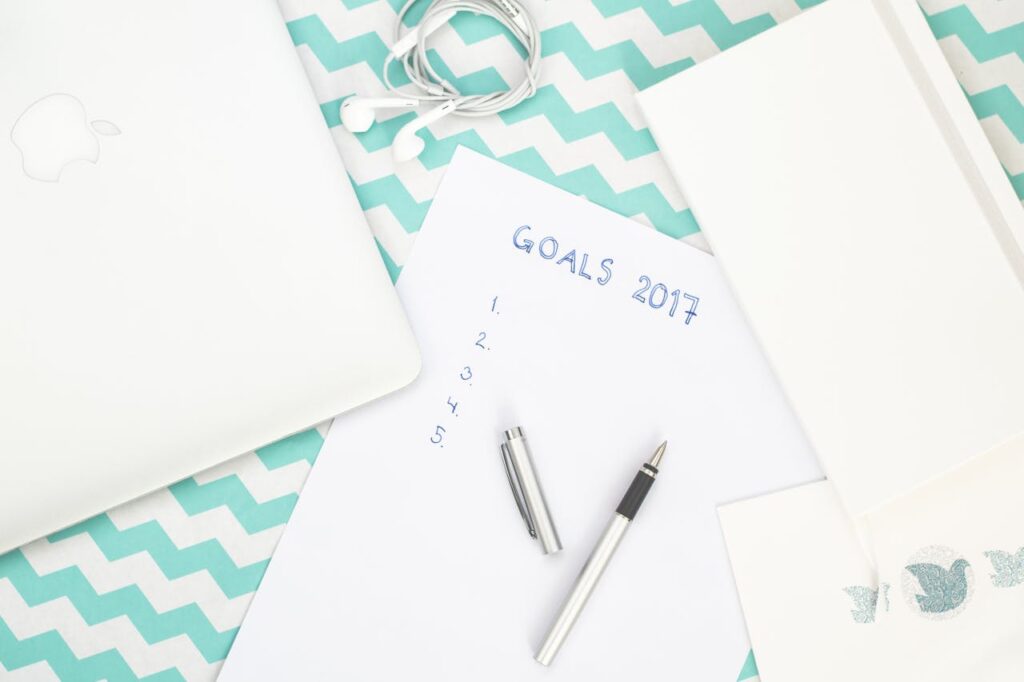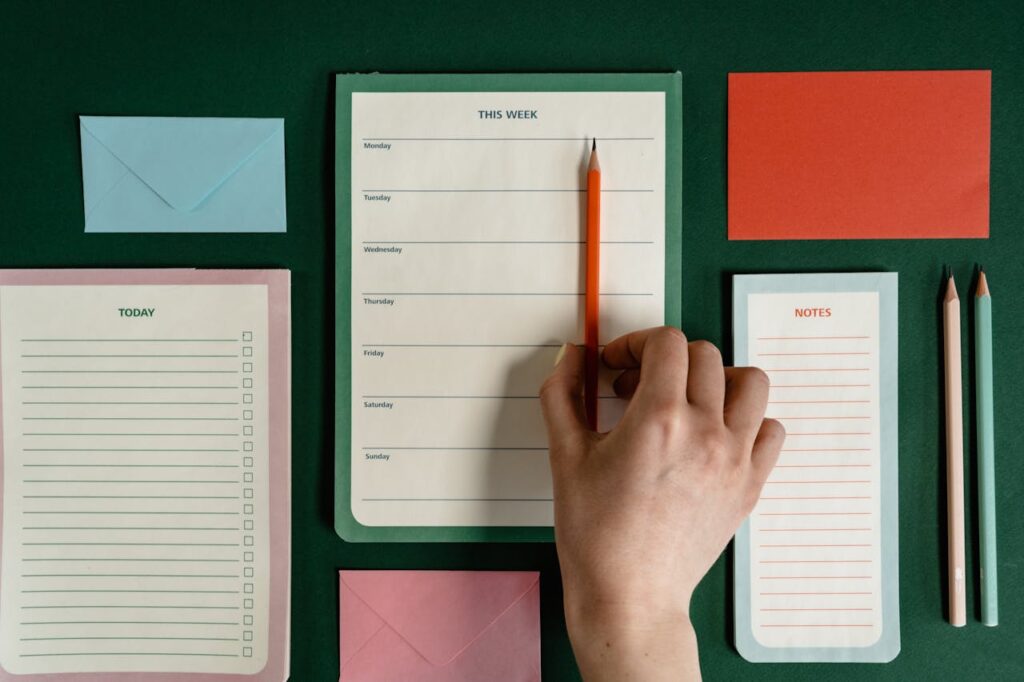Are you ready to stop procrastinating and take charge of your productivity? Do you often find yourself putting off tasks until the last minute, only to feel stressed and overwhelmed when deadlines loom large? You’re not alone.
Procrastination is a common challenge that many of us face in our daily lives. Whether it’s that important project at work, studying for exams, or tackling household chores, the temptation to delay can be all too enticing.
But what if you could break free from the cycle of procrastination and reclaim control of your time and productivity? In this guide, we’ll explore actionable strategies to help you stop procrastinating and start getting things done efficiently.
Understanding the Widespread Nature of Procrastination
Procrastination is a widespread phenomenon that affects people from all walks of life and across various age groups. It’s a behavior characterized by delaying or postponing tasks, even when we know they are important or necessary. Studies have shown that a large proportion of the population struggles with procrastination to some degree.
Research suggests that between 20% to 25% of adults consider themselves chronic procrastinators, meaning they frequently procrastinate and experience negative consequences as a result. However, many more people, estimated to be around 70% to 95% of the general population, report occasional procrastination.
Procrastination can manifest in different ways and impact various aspects of life, including work, academic pursuits, personal goals, and household responsibilities. It’s a complex behavior influenced by factors such as personality traits, motivation, self-regulation skills, and environmental factors.
Despite its prevalence, procrastination is often misunderstood and perceived as a character flaw or a lack of discipline. However, research suggests that it’s a more nuanced issue, often linked to underlying psychological factors such as fear of failure, perfectionism, low self-esteem, or difficulty in managing emotions.
Understanding the commonality of procrastination can help individuals recognize that they are not alone in facing this challenge. By acknowledging its prevalence and exploring effective strategies to address procrastination, individuals can take proactive steps toward improving their productivity and overall well-being.
Effective Strategies to Stop Procrastinating
Stopping procrastination necessitates a blend of self-awareness, behavioral adjustments, and effective time and task management strategies. Here are practical methods to stop procrastinating:
1. Set Clear Goals

To conquer procrastination, establish clear, attainable goals for each task or project. These specific objectives not only provide clarity but also spark the drive to initiate action. Document your goals and arrange them by priority.
With each completed task, mark it off your list, relishing the satisfaction of progress and forward momentum. Personally, as I tackle tasks and check them off, my motivation surges, enabling me to achieve more efficiently and swiftly.
2. Break Tasks Into Smaller Steps

Break down larger tasks into smaller, more manageable chunks. This strategy diminishes feelings of overwhelm and facilitates step-by-step progress, reducing the temptation to procrastinate. Remember, the most challenging aspect of any task is taking the initial step.
3. Create a Schedule

If relying solely on writing down tasks doesn’t prove effective, utilize tools like a planner, calendar, or task management app. These resources enable you to allocate specific times for task completion. Dedicate blocks of time exclusively for focused work, adhering to your schedule whenever feasible.
By incorporating these tools into your routine, you establish a structured approach to managing tasks and optimize your productivity, which can ultimately help you stop procrastinating.
4. Eliminate Distractions

Identify and minimize distractions in your environment, like social media and email alerts, to stay focused on your tasks. Use tools such as website blockers or noise-cancelling headphones to limit interruptions. By reducing distractions, you can improve your concentration and productivity.
Personally, I find it tempting to watch YouTube or surf the internet to avoid tasks, so I intentionally avoid those activities and disable notifications to stay on track.
5. Take Action

To stop procrastinating, it’s essential to avoid overthinking, particularly when facing tasks you find undesirable. Overthinking often leads to excuses for delay. Instead, take decisive action and dive into the task at hand. You’ll feel a profound sense of accomplishment afterward, grateful that you took the initiative to stop procrastinating.
Consider the example of working out. For me, when thoughts of exercise arise, excuses for delaying or skipping often follow. However, if I bypass the overthinking and simply engage in the activity, it becomes much more manageable and achievable. Consistently, I find myself grateful for having taken action and completed the workout.
Breaking the Procrastination Cycle
Over time, I’ve discovered that the most effective way to stop procrastinating is to address tasks promptly, particularly simple ones like household chores. For more time-consuming tasks, schedule dedicated time slots and commit to completing them.
Procrastination often amplifies the perceived difficulty of tasks, making them seem more daunting. However, I’ve found that once I begin, the task isn’t as challenging as anticipated. Taking that initial step is key to overcoming procrastination.
Furthermore, it fosters a sense of pride in one’s accomplishments, reduces stress, and promotes feelings of happiness.
Explore my other articles about “Organizing Your Life” for valuable insights and tips.














